“You are standing today, all of you, before G-d”
The opening verse of this week’s Parashah alludes to Rosh Hashanah when the entire world stands before G-d to be evaluated and judged for the coming year.
But according to what yardstick is our evaluation measured?
Our sages explain that on this day the book of our deeds is opened and they ‘read on their own’, that is, our actions speak for themselves and we render our own judgment on our actions by the way we reacted to similar actions perpetrated against us.
When the prophet Nathan rebuked King David, he related the parable of a wealthy man who owned abundant livestock and who robbed a poor neighbor of his one and only lamb. David was outraged at this terrible injustice and in his anger exclaimed ‘that man is deserving of death’, Nathan then said ‘you are that man in your conduct with Bathsheba, the wife of Uriah!”
G-d knows that personal interest makes us oblivious to the significance of our own misdeeds, so He makes us observe in others, actions and behavior similar to our own. How we react to our own acts as we see them in others, determines how we are judged. If we give others the benefit of the doubt, then we are judged with equal leniency.
The great sage Rabbi Israel Ben Eliezer taught that in order for a person to be forgiven on the day of judgment, he himself must be extremely cautious not to pass harsh judgment on others. ‘It is yourself you are judging” he would say. Therefore he concluded, try to be considerate when judging other people‘s behavior, remembers that there may be extenuating circumstances that might account for their actions, and ultimately our judgment will be the yardstick that will be used on Rosh Hashanah.
Rabbi Shaul



